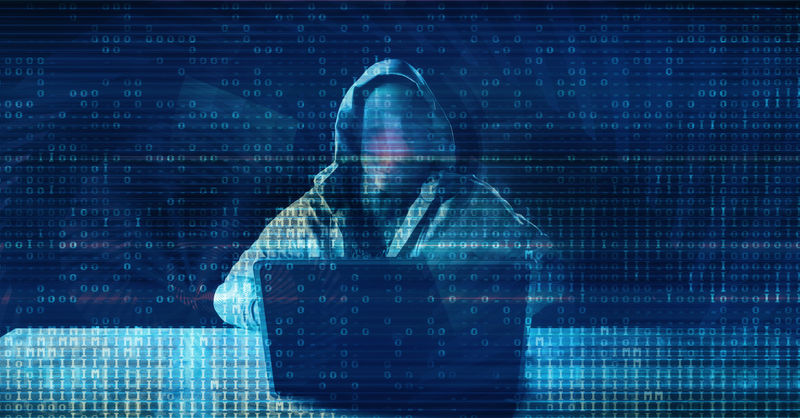Amidst a year of unexpected economic downturn, accounting firms are likely to see the impact from the new fraud risks of COVID-19 on auditors.
In a recent webinar from Thomson Reuters Confirmation, “State of the Audit: What auditors and banks need to know about the effects of COVID-19”, Brian Fox, Founder of Confirmation, is joined by Kyle Gibbons, Managing Director of Europe Confirmation, and Felipe Lima, Director of Sales of LatAm Confirmation. Together, they’ve outlined how the ongoing effect of COVID-19 can greatly increase fraud, how to identify the risks, and the best practices for auditors moving forward through uncertainty.
Were firms ready for the work from home change?
According to a survey from Accounting Today, over half of firm offices have staff, in some aspect, working remote. Out of those surveyed, 48% had to overcome some challenges to support remote work.
With an unexpected crisis such as COVID-19, many firms who did not already have the technology in place struggled to allow their staff access to data which usually resides at the office or behind firewalls. This resulted in searching for the correct technology that will uphold, if not improve on, the same level of security they are accustomed to while being physically in the office building.
“We’ve all heard of the hackers jumping into Zoom calls and security breaches on those platforms,” notes Brian. “You have to understand the technology you are using. With the tools we decide to use, we need to make sure we are using the security features they have available. If we’re talking about sensitive client data, it’s important to protect.”
Additionally, firms’ communication strategies have shifted, leading to an increase in frequency of communication, both individually and on a larger scale. We are finding new ways to communicate with our staff and our clients.
“Offices have, for the most part, transitioned smoothly into the remote environment,” says Kyle. “While there are exceptions, the remote work environment we see will probably make up a larger element of the accounting industry even after the crisis subsides.”
Why will COVID-19 increase the risk of fraud for auditors?
The results from a survey compiled by the Association of Certified Fraud Examiners, Inc. state that we are likely to see 80% more fraud during downturns compared to stable times.
“We’ve seen it in the 2000-2001 dot-com downturn, and again in the 2008 economy crash,” says Brian. “Initially companies are going to let go of the under-performing aspects of their business to preserve capital. Second, you see those massive layoffs. Then, we can anticipate the fraud to happen, because in a down market it is hard to cover up your fraudulent activities. You can’t go out and get new investors or new loans to perpetrate that fraud.”
In the same survey by ACFE, the fraud most likely to increase over the downturn year was largely employee embezzlement, followed by unrelated third parties, vendors, and financial statement fraud.
The biggest factor contributing to that increase is pressure from the economic crash. We will see new fraud, along with fraud that has been happening for years, come to the forefront.
“The reason for employee embezzlement: pressure,” says Brian. “First, employees become concerned they may be out of work, or they took pay cuts. They have children to provide for, mortgages, etc. Second, they rationalize it. They’ve been working for so long; they deserve to get paid. Finally, they see the opportunity.
“This is the fraud triangle, and in a down economy, it’s heightened.”
What are the signs that fraud is happening?
Most people assume that fraud only happens within big, public companies, as those are the cases you hear most in the media. However, the likelihood for fraud is greater in private companies, and the risk is statistically higher.
The highest risk will come from internal, not external employees. The ACFE’s new 2020 fraud report shows that the average loss per fraud case is now $1.5m, most being carried out internally. And while company owners and executives are responsible for only 20% of all frauds, these have a median loss of $600K, ten times that of lower-level employees.
The biggest sign you can identify is a lack of internal control. Fraudsters are going to test the system, find gaps, and make it look like an accident. They will take advantage of where there is not control.
And they make sure to conceal it. Only 12% of cases in the report did not involve any attempt to conceal the fraud. The majority will create or alter physical documents to appear real, given a few attempts to find those gaps.
With the fraud risks growing, what do auditors need to know?
Adaptability is going to be key in navigating uncertainty. Allow your firm to be nimble, quick, and attack the opportunities.
Another key is accessing and making sure you understand the audit technology you’re using. Clients are going to be judging your firm on the technology partners you choose, looking for security, privacy, and confidentiality. We all love function and feature, but security is vital if we want to stay alive in this business.
So, what can audit firms do to fight the fraud risks from COVID-19?
“We need to get creative with our audit process,” notes Brian. “Investing in our own technology is critical for assessing the risks. Invest in technology, stay vigilant, embrace change, and elevate the role of the audit. Auditors must step up and elevate their role in preventing and detecting financial crime.”
Watch the full webinar from Thomson Reuters Confirmation, which includes real-life examples of how Confirmation has caught billions of dollars in fraud, here. To learn more about the Confirmation platform, and how the full audit solution set of the Cloud Audit Suite can protect your firm from risk, visit tax.tr.com/audit-in-the-cloud






